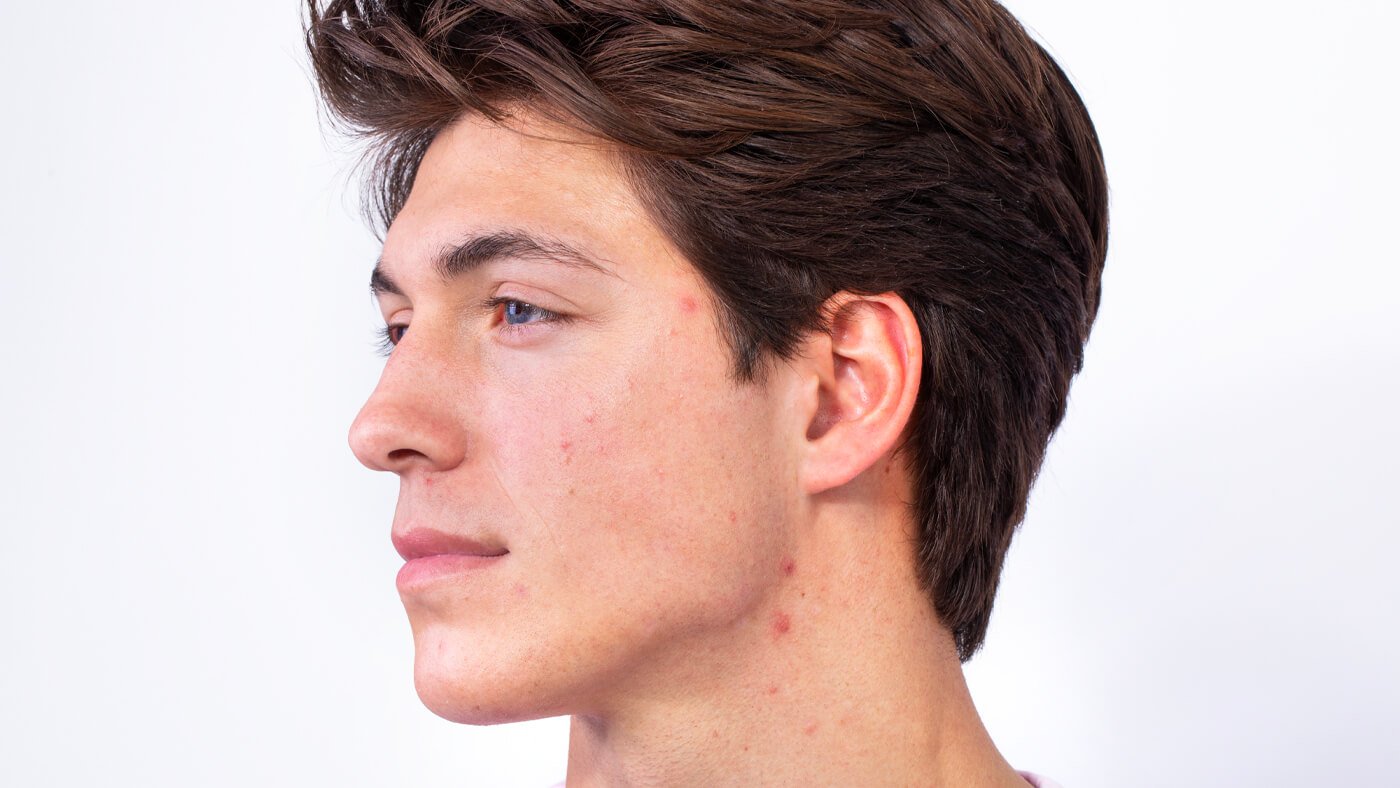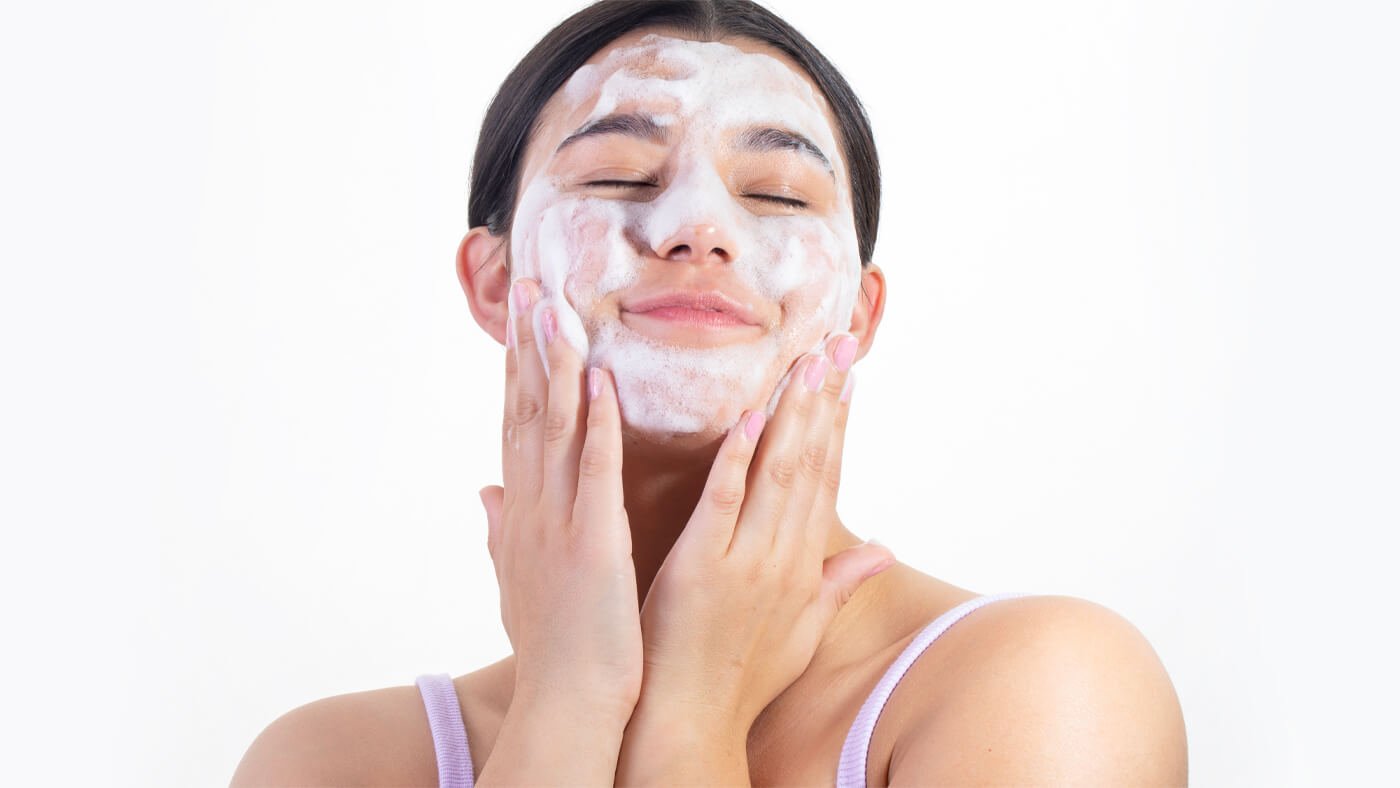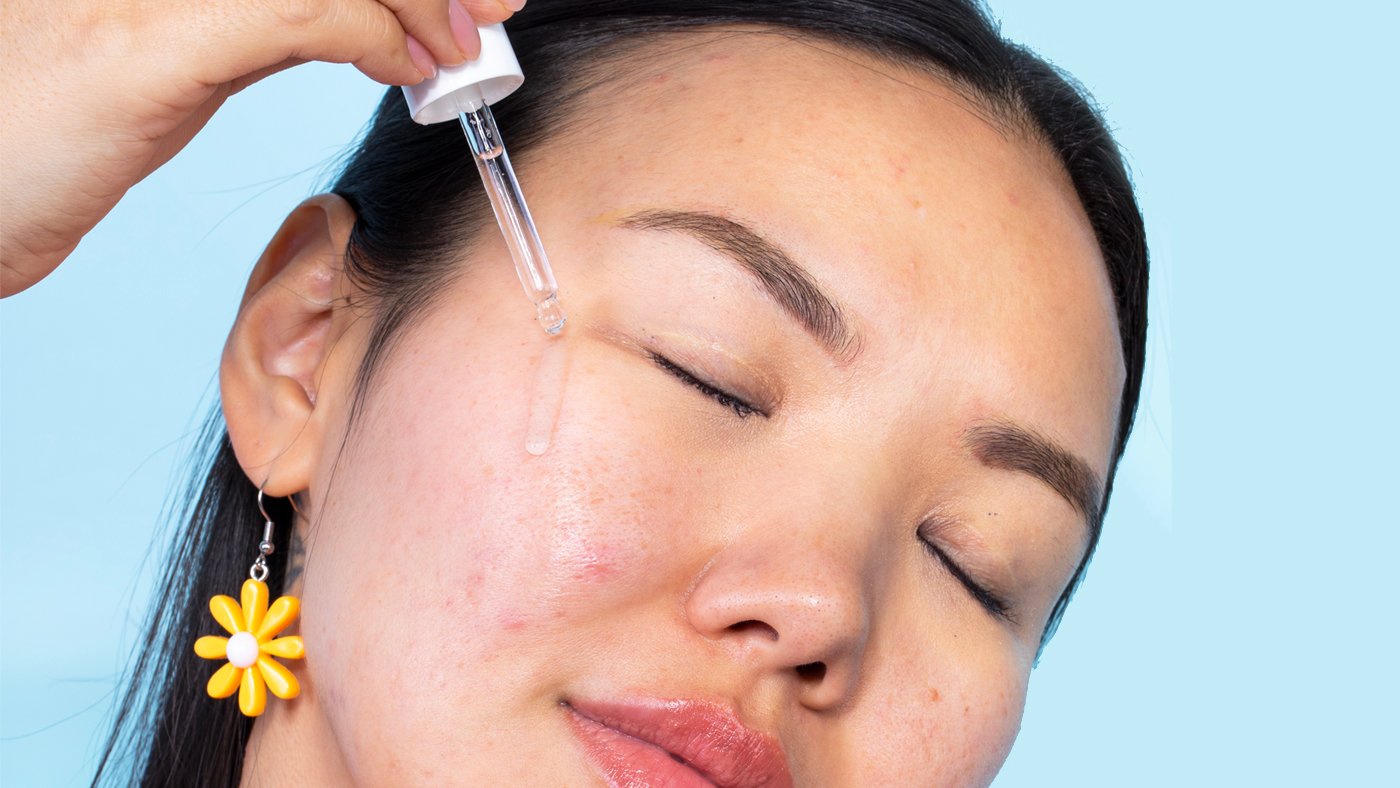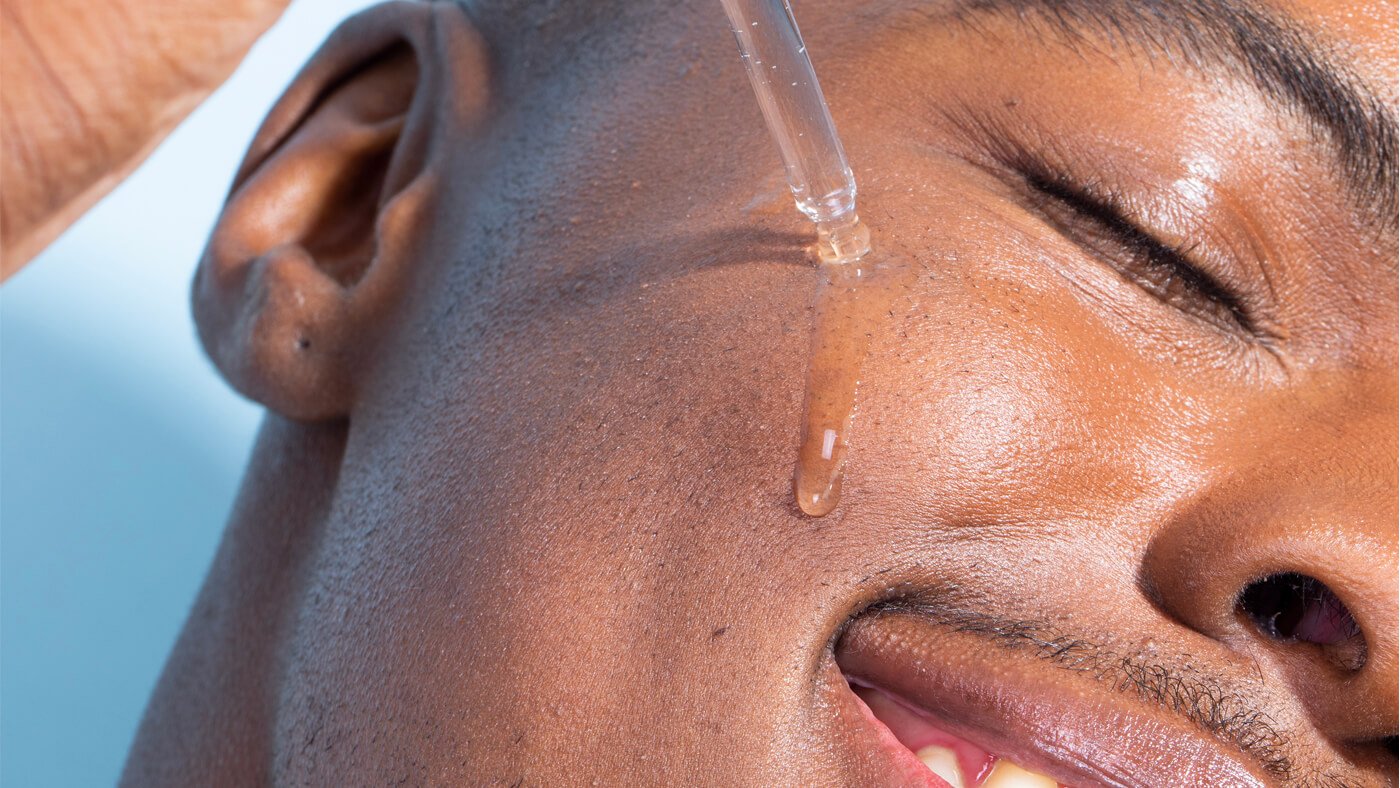The skin barrier has been a pretty buzzy word in the skincare community for quite a while now. You’ve probably heard lots of skinfluencers and skincare brands talk about how important it is to keep your barrier properly protected.
What exactly is the skin barrier?
The skin barrier consists of the outer layer of skin which is responsible for protecting from external irritants like “infectious agents, chemicals, systemic toxicity and allergens.” And it also helps protect from water loss. Think about your skin barrier like the outer protective wall of a castle. Keep it strong and it’ll help defend against any unwanted threats (in this case those threats are chemicals and bacteria).
So, clearly the skin barrier plays a vital role in the overall health of your skin. It’s important to keep it functioning at its optimal level to best protect from any unwanted reactions or effects of a damaged barrier.
What does a damaged barrier look like?
A damaged skin barrier is typically characterized by dry, flaky skin, sensitivity, itchiness, and acne breakouts. When your skin barrier becomes damaged, it’s no longer functioning as it should be in blocking out external irritants, making you susceptible to some pretty rough skin conditions.
Barrier damage can be caused by such factors like:
- Air pollution
- Sun exposure (without adequate sun protection)
- Over exfoliation
- Harsh chemicals
- Certain lifestyle factors (like smoking)
- Stress
If you experience any outbreaks of irritation, dryness, sensitivity, and/or breakouts then you may have a damaged barrier. And usually in this case you should stay away or limit any skincare products that can further irritate your skin like products with alcohol, exfoliating acids, or active ingredients.
How to repair a damaged skin barrier
Once your skin barrier is damaged, there are certain steps you’ll want to take to bring it back to its optimal performance:
Use gentle skincare products
If you’re generally used to an intensive or active ingredient-heavy skincare routine then now would be your time to cut back for a while. Try switching to gentler products, like those meant for sensitive skin, so you don’t further aggravate dryness, acne, or irritation.
This will include skincare products that are free of fragrance and alcohol. Additionally, for a time you should also consider cutting down your routine to the bare essentials like a cleanser, moisturizer, and sunscreen. Pay special attention to your cleanser as not all are meant for sensitive skin. Stick to the cleansers that are more on the hydrating side like cream cleansers.
Replenish the barrier
With a damaged skin barrier, you’ll need to help it get back on track. This includes keeping it nourished and hydrated to treat sensitivity and dryness associated with a damaged barrier.
In this case look for skincare products with replenishing ingredients like Hyaluronic Acid, Ceramides, Panthenol, and Fatty Acids. These ingredients will help prevent water loss and add needed moisture to the skin to help repair the skin barrier.
Avoid harsh products
Even if your skin is normally accustomed to stronger skincare products like exfoliants and retinoids, it’s best to stay away from or limit your use of these types of products while your skin barrier is in recovery mode.
Over exfoliating the skin can also be one of the causes of a damaged skin barrier. Exfoliating out of the normal one to three times a week can cause dryness and irritation. So it makes sense to lay off the exfoliants for a while as your barrier is on the mend.
Retinoids can also trigger more sensitivity if you’re not careful. Oversing retinoids can cause irritation and flaking so even in normal circumstances, it’s advised to avoid using retinoids too frequently or combining them with other active ingredients.
Be patient
While we know that it is absolutely possible to repair your skin barrier, you won’t exactly get overnight results. In fact it can take up to a couple of months to finally see (and feel) your barrier getting healthier. You just have to be patient and consistent in maintaining a routine that will help rebuild your skin barrier.




